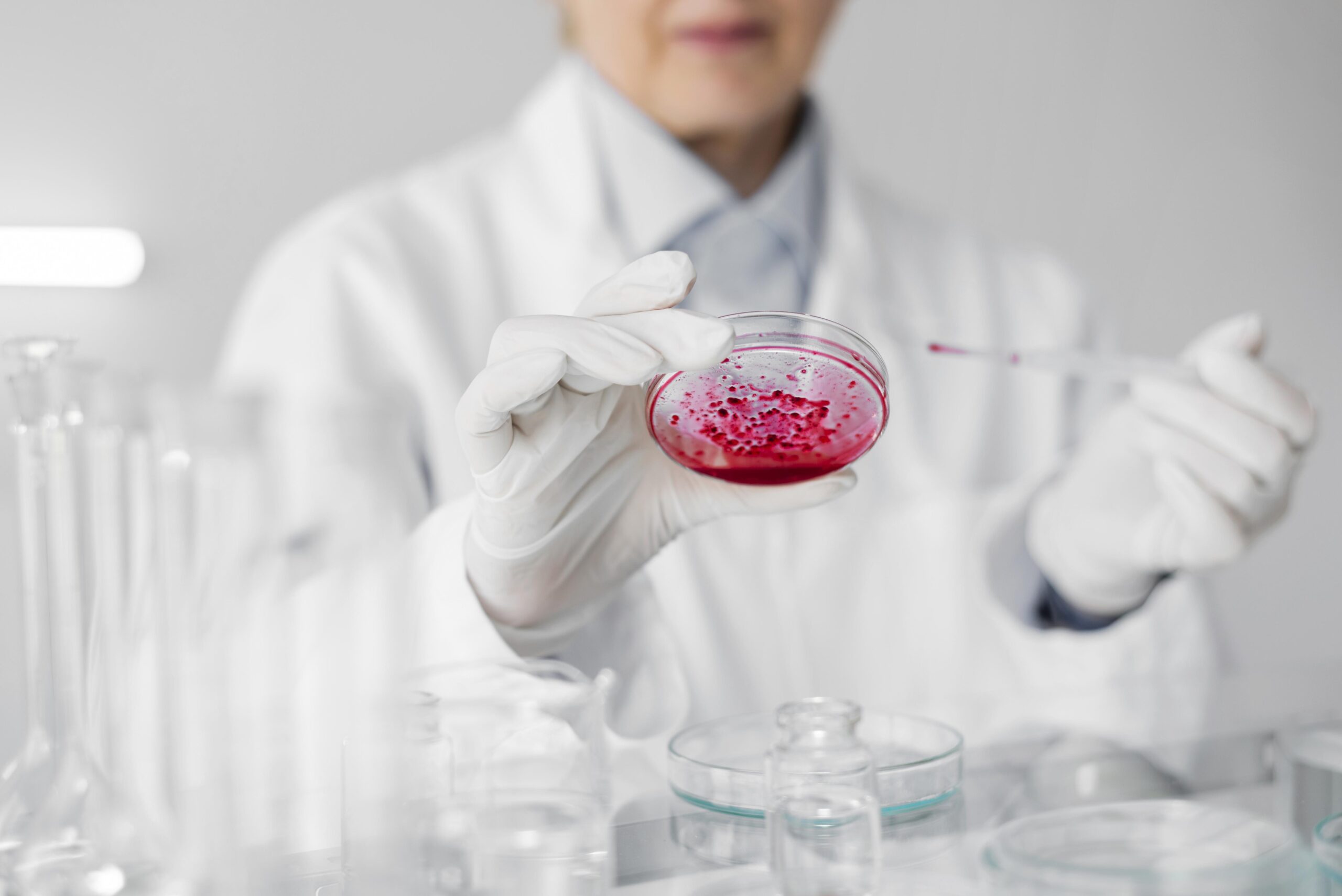Physiotherapy for athletes: When you hear the term “Physiotherapy ” you think of a peaceful, candle-lit spa area. However, recent research has proven that physiotherapies aren’t simply for those who want to feel pampered. In reality, physiotherapy is an excellent practice utilized by athletes to enhance their physical and mental health and rehabilitation.
Physiotherapy for athletes has been shown to have several potential advantages, including faster recovery, better performance, and a reduced risk of injury. As a result, there is an imperative need to outline the evidentiary base for such an intervention.
Many trainers and athletes hold the idea, based on experiences that physiotherapy can bring various benefits to the body. It is possible to apply mechanical pressure during physiotherapy, which is believed to promote muscle compliance and, as a result, increase joint range of motion while reducing passive and active stiffness (biomechanical mechanisms). Blood flow could be aided mechanically by raising the arteriolar pressure and raising the warmth of muscles through rubbing.
According to the American Massage Therapy Association (AMTA), physiotherapy increases performance, relieves discomfort, prevents injury, encourages focus and minimizes recovery time. Generally, two sorts of responses occur during physiotherapy: a mechanical response caused by the pressure and movement and a reflex response triggered by the nerve stimulation.
Benefits of physiotherapy for athletes:
Sports physiotherapy provides physical and psychological relaxation by regulating things like hypertension, sadness, anxiety, tiredness, and many other benefits:
i. Physiotherapy for Athletes Benefits:
For athletes, massages deliberated to their unique needs can provide a wealth of physiological benefits previously thought impossible to attain. A massage triggers both a mechanical and a reflex response in the recipient (thanks to the stimulation of nerves). These responses can alleviate even breathing pattern issues. Additionally, physiotherapy has been shown to lessen stiffness and exhaustion following any physical activity, whether it be a game, practice, or workout. Athletic performance, range of motion, soft tissue function, and muscular tone are all improved by physiotherapies.
ii. Cardiovascular benefits :
In terms of cardiovascular advantages, physiotherapy treatment aids an athlete’s heart rate variability and diastolic blood pressure recovery after a high-intensity workout. They are more likely to avoid injuries if they receive regular physiotherapy from athletic trainers.
iii. Improve tolerance to pain
An athlete’s pain tolerance can be improved by massage. Researchers at Oxford University have discovered that physiotherapy aids in the management of pain for its recipients. In addition, it has been found that they have a lower tendency to become nervous. Regulating one’s nervousness better before a competition or performance is useful for athletes. Physiotherapy for athletes can alleviate their symptoms even if they suffer from a generalized anxiety disorder.
Conclusion:
Relaxation of the muscles, reduction of discomfort and swelling, and increased flexibility and range of motion are all benefits of post-workout physiotherapy. Athletes who receive sports therapy are more likely to avoid injury because this treatment helps them maintain mobility. If you’ve been injured, this treatment can speed up your healing time faster than the body’s recuperation process.
As a result, sports physiotherapy is only effective for short-term outcomes, as the relaxation of muscular activity after a physiotherapy session can only remain for a limited period. Besides a massage, an athlete seeking long-term flexibility should seek more efficient alternatives. If your muscles have been stressed, damaged, or overworked due to your physical exercise, come to DYNASTY CLINIC for the best physiotherapy Clinic.





